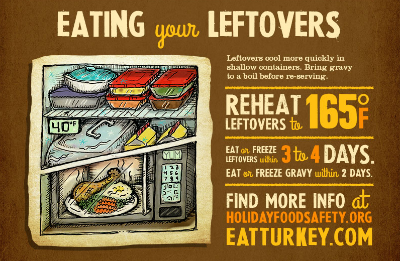 Welcome to the Stars Hollow Gazette‘s Health and Fitness News weekly diary. It will publish on Saturday afternoon and be open for discussion about health related issues including diet, exercise, health and health care issues, as well as, tips on what you can do when there is a medical emergency. Also an opportunity to share and exchange your favorite healthy recipes.
Welcome to the Stars Hollow Gazette‘s Health and Fitness News weekly diary. It will publish on Saturday afternoon and be open for discussion about health related issues including diet, exercise, health and health care issues, as well as, tips on what you can do when there is a medical emergency. Also an opportunity to share and exchange your favorite healthy recipes.
Questions are encouraged and I will answer to the best of my ability. If I can’t, I will try to steer you in the right direction. Naturally, I cannot give individual medical advice for personal health issues. I can give you information about medical conditions and the current treatments available.
You can now find past Health and Fitness News diaries here.
Follow us on Twitter @StarsHollowGzt
This article about storing those Thanksgiving leftovers has a lot of good tips about story and reheating them that not only apply to Thursday feast but everyday storage of leftover meals. It’s important to remember that the most vulnerable population that is subject to food poisoning are small children, the elderly and those with compromised immune systems. If in doubt, throw it out.

Scientists are trying to figure out why vultures don’t get food poisoning. While research is ongoing, one study suggests an alliance between the birds and microbes makes rotting carcasses safe for the birds. Humans have no such advantage, so it’s important for us to keep tabs on spoiling meat and molding baked goods. But one of the best parts of Thanksgiving is the leftovers, so how do you eat plenty of turkey sandwiches without risking foodborne illness?
When food is clearly past its prime, the rancid smell or slimy texture can be dead giveaways that leftovers are better left alone. Those icky signals are signs of spoilage bacteria. However, pathogenic bacteria infiltrating the stuffing or mashed potatoes don’t alter the flavor, scent, or appearance of the food, but can still make you sick. Your leftovers are safe in the fridge for three to four days, while frozen food should be consumed within two to four months for best quality, according to the U.S. Department of Agriculture. The biggest mistake turkey-lovers make is keeping leftovers in the fridge for too long. “Eat them, freeze them, or toss them by Monday,” says Tina Hanes, a technical information specialist with the USDA’s Office of Public Affairs and Consumer Education.
Health and Fitness News
FDA: Mislabeled Heinz Homestyle Gravy recalled
3 children’s medicines recalled because of potentially lethal ingredient
Prescription drug reactions send more older Americans to the ER
Allergic to Penicillin? Millions in the U.S. May Be Misdiagnosed
One Arthritis Drug Won’t Hurt You More Than The Others
New Guidelines Broaden Statin Recommendations
Thunderstorm asthma: how seasonal weather can affect human health

Recent Comments